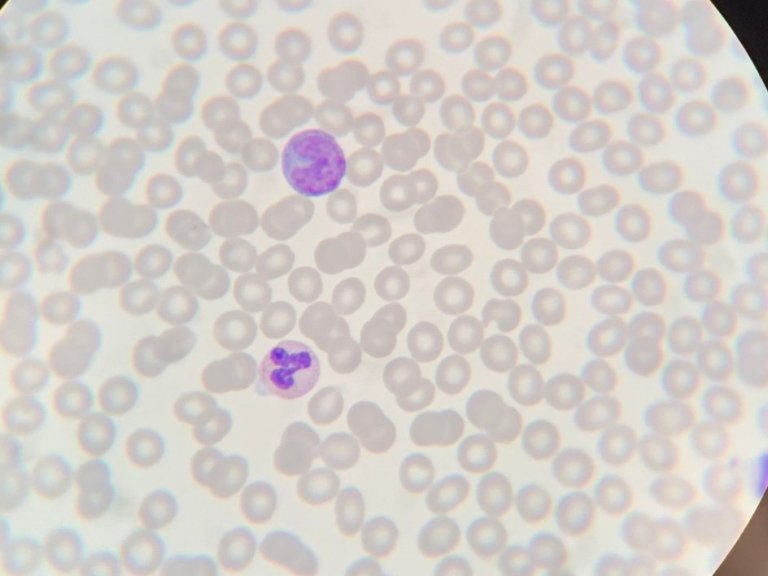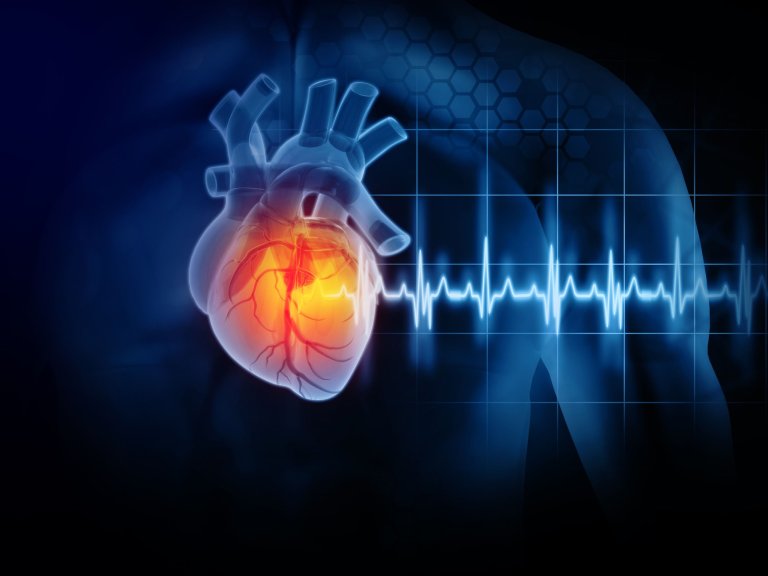“Our analysis, which involves millions of genetic variants has uncovered a significant association between the genetic risk of PTSD and the genetic risk of several cardiovascular conditions, including heart failure, high blood pressure, and coronary artery disease,” says Eva Lukas, PhD candidate at Amsterdam UMC and first author of the publication. “This means that when we look at the whole genome, a higher genetic risk of developing PTSD will also come with a higher risk of developing cardiovascular disease,” Lukas adds.
To determine whether PTSD directly causes cardiovascular disease, beyond their shared genetic liability, the researchers employed a technique known as Mendelian randomization. This method used only a small set of specific genetic variants that very strongly increase the risk of developing PTSD as a way to mimic exposure groups in the population, akin to a randomized controlled trial (RCT).
“Because it is a matter of chance whether you are born with a high-risk variant compared to a low-risk variant, we can compare groups of individuals as if they were participants of a randomized experiment,” explains Jorien Treur, assistant professor in psychiatry at Amsterdam UMC. “Whereas conducting an RCT where people would be ‘assigned’ to receive a PTSD diagnosis would be impossible, genetic methods offer a powerful alternative to investigate risk factors for very complex conditions, allowing us to explore new avenues for prevention and treatment,”
The study's findings provide strong evidence that PTSD causally increases the risk of cardiovascular diseases, particularly coronary artery disease. In a following step, the researchers identified specific factors that explained some of the effects that PTSD had on cardiovascular disease risk.
The most important of these were poor sleep, excessive alcohol consumption, smoking, and increased levels of inflammation. "We ended up with a complex picture which indicates that the link between PTSD and cardiovascular disease can be explained by a shared genetic liability between the two as well as causal effects of PTSD on cardiovascular disease. These causal effects were partly, but not fully, due to poor health behaviours and heightened immune activity,” says Lukas.
This study highlights a critical gap in current healthcare practices. “Studies show that individuals with mental illness are often underserved by clinical procedures, receiving poorer screening and treatment,” adds Treur. “By using the largest available data samples and applying sophisticated analytical methods, this study presents an opportunity for more targeted interventions that could reduce the risk of cardiovascular disease in this vulnerable population.”




